Nashville, Tennessee, celebrated for its rich musical heritage, beckons visitors with its promise of country melodies and historic venues. Yet, among its bustling streets lies a structure that seems borrowed from another era and land: a full-scale replica of Athens' Parthenon.
The presence of a Greek monument in Nashville might seem out of place, but its origins are deeply rooted in the city's history. Constructed for the 1897 Tennessee Centennial Exposition, it symbolized Nashville's cultural prowess. Known as the “Athens of the South,” Nashville had established itself as a hub for education and the arts. Initially made of plaster, wood, and brick, its popularity led to its reconstruction in concrete during the 1920s.
The Nashville Parthenon’s faithfulness to its Athenian counterpart is impressive. From its doric columns to its pediments' intricate details, it closely mirrors the iconic Greek structure.
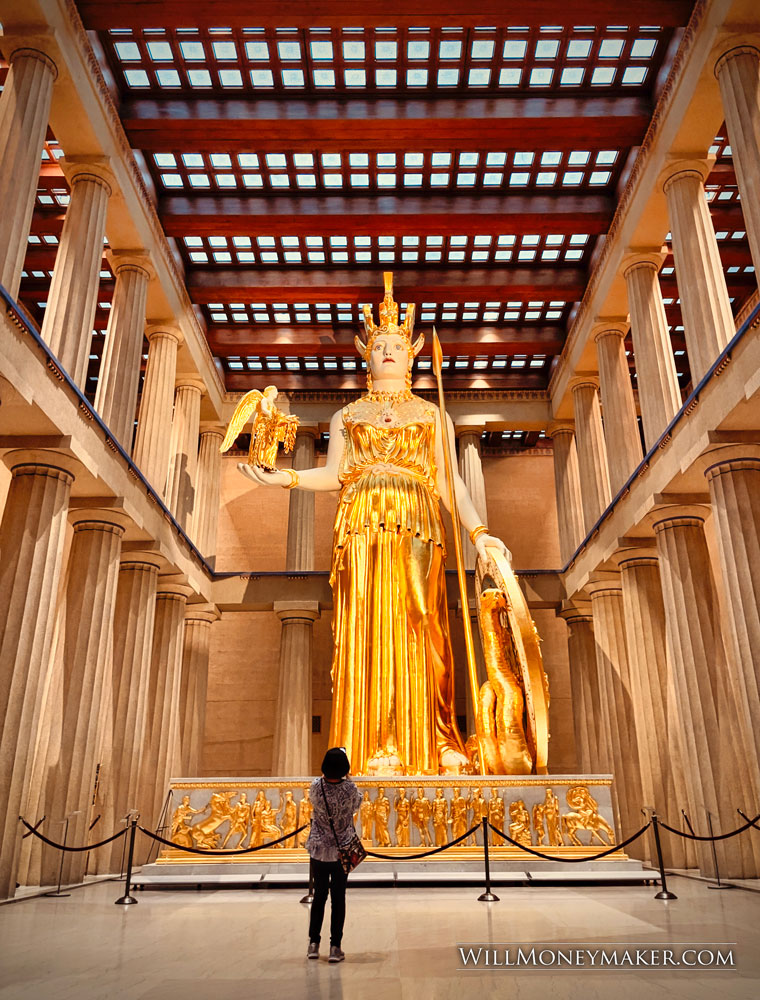
The impressive statue of Athena Parthenos welcomes visitors inside. Towering at nearly 42 feet, this modern rendition, created from gypsum cement and ground fiberglass, glistens with gold leaf, echoing the magnificence of the ancient statue in Athens.
Beyond its stunning facade, the Parthenon is integral to Nashville's cultural scene. Regular art exhibitions spotlight diverse artistic expressions, ensuring fresh perspectives for returning visitors. Educational programs cater to a wide audience, merging history with engaging activities.
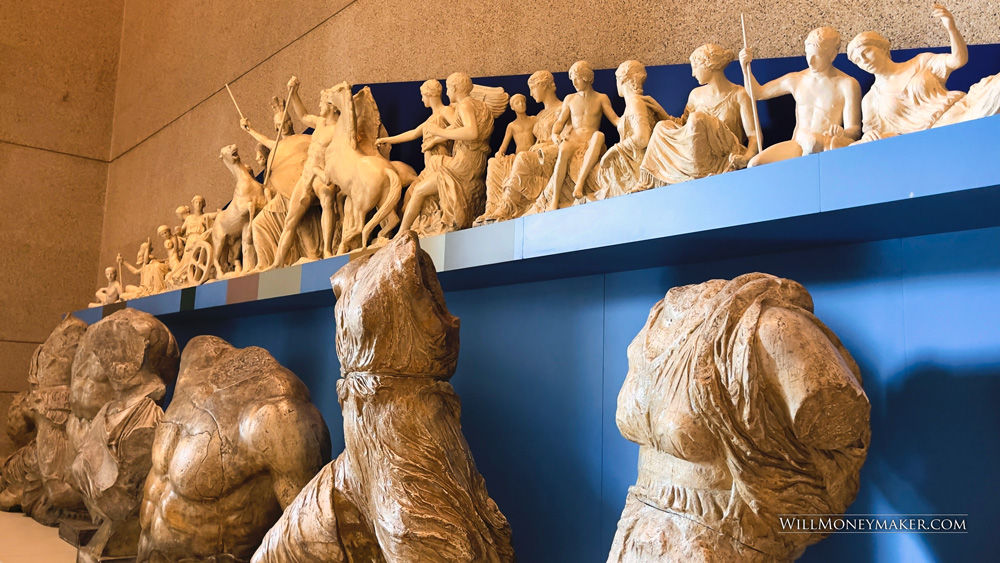
The art gallery in the west room shines a spotlight on American artists, juxtaposing ancient architecture with modern artistic expressions. The basement offers a rich historical narrative through well-curated exhibits, making it a favorite for history lovers.
Centennial Park, the Parthenon's home, is a verdant retreat. With its manicured lawns and serene lake, it offers a peaceful backdrop to the majestic Parthenon. It’s common to see families enjoying picnics, artists capturing the monument's beauty, and fitness enthusiasts making the most of the pathways.
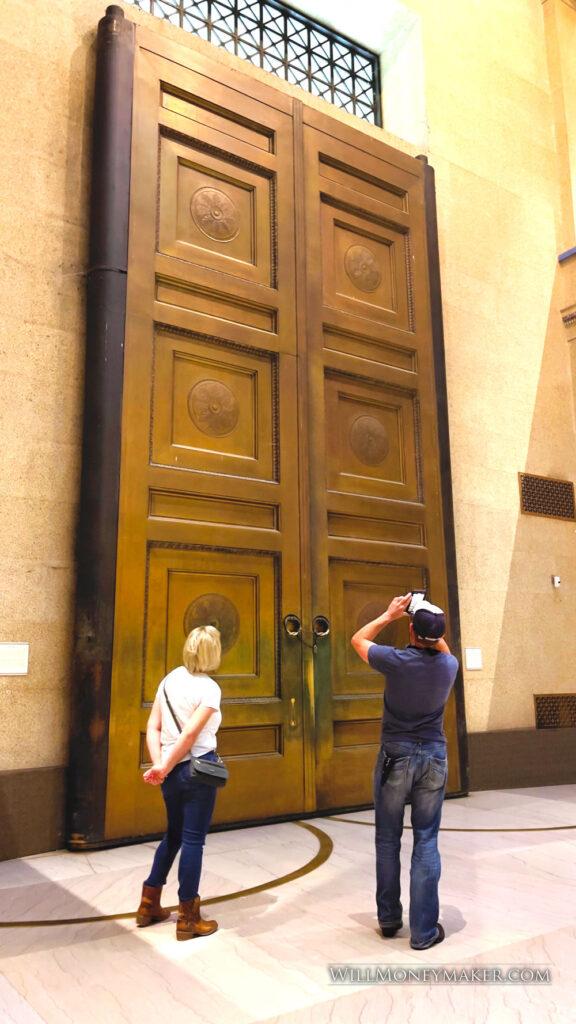
The 1897 Tennessee Centennial Exposition was a monumental event, marking the 100th anniversary of Tennessee's admission to the Union. Held over six months, from May to October, the exposition showcased the state's progress in agriculture, commerce, and industry. Set over 200 acres in what is now Centennial Park, the event attracted nearly two million visitors. Magnificent buildings, each representing different aspects of Tennessee's culture and economy, were erected for the exposition. These included the Commerce Building, the Negro Building (which highlighted the achievements of African Americans in the state), and, of course, the Parthenon replica. Though most of these structures were temporary and have since been dismantled, the Parthenon remains a legacy of an event that celebrated Tennessee's past, present, and future.
Pictures can capture its elegance, but the presence of Nashville's Parthenon offers an unparalleled feeling of awe. It's not just about admiring the structure but also appreciating the skill and dedication that went into its creation.
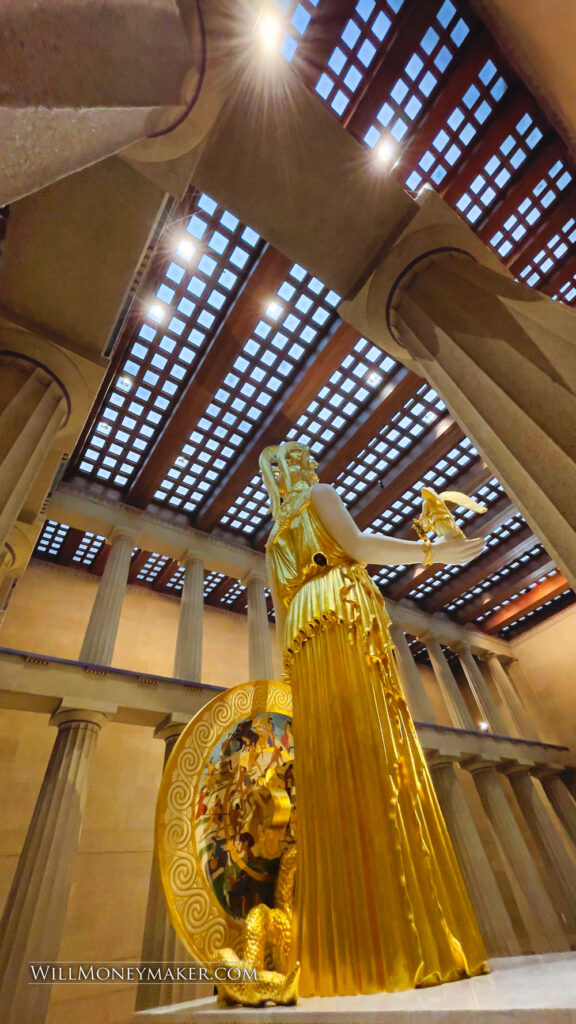
For a thorough understanding, guided tours, available all year, are the way to go. These tours, led by expert guides, offer a wealth of knowledge, sharing lesser-known facts and stories.
William Crawford Smith, born in 1852, was not just an architect but also a man deeply rooted in Nashville's history. A Confederate veteran, Smith's appreciation for classical architecture was evident in many of his works. After the Civil War, he left a significant mark on Nashville's architectural landscape, and the Parthenon replica stands as a crowning achievement in his illustrious career. Smith’s dedication to accurately replicating the Athenian original demonstrates his profound respect for classical architecture and his skill in adapting ancient designs for contemporary audiences.
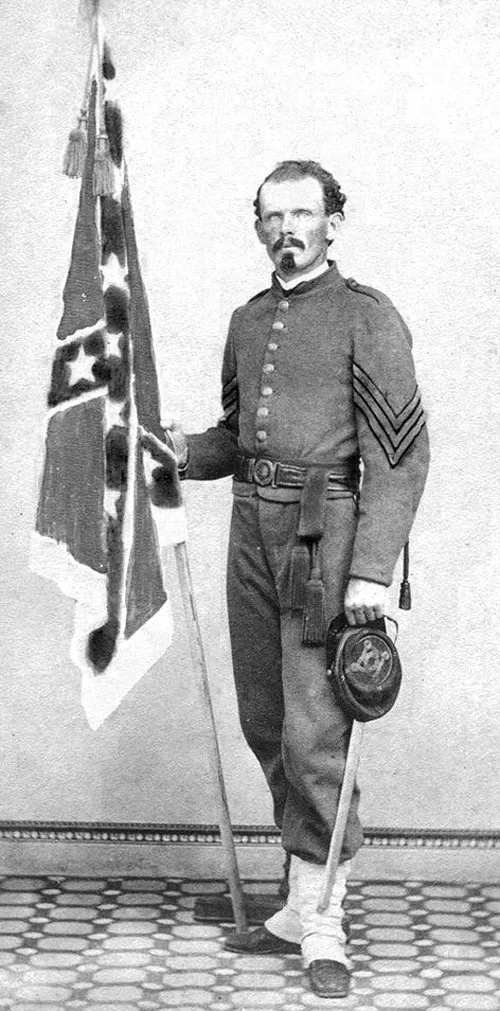
The Parthenon in Nashville is more than just a monument; it's a bridge that connects the vibrancy of Music City with the grandeur of ancient Greece. This harmonious blend offers visitors a unique experience, creating memories that linger.
For those passionate about history, the Parthenon is an inspiration, emphasizing the interconnectedness of histories and cultures. As you trace your family's journey through time, let such landmarks guide and inspire you.




